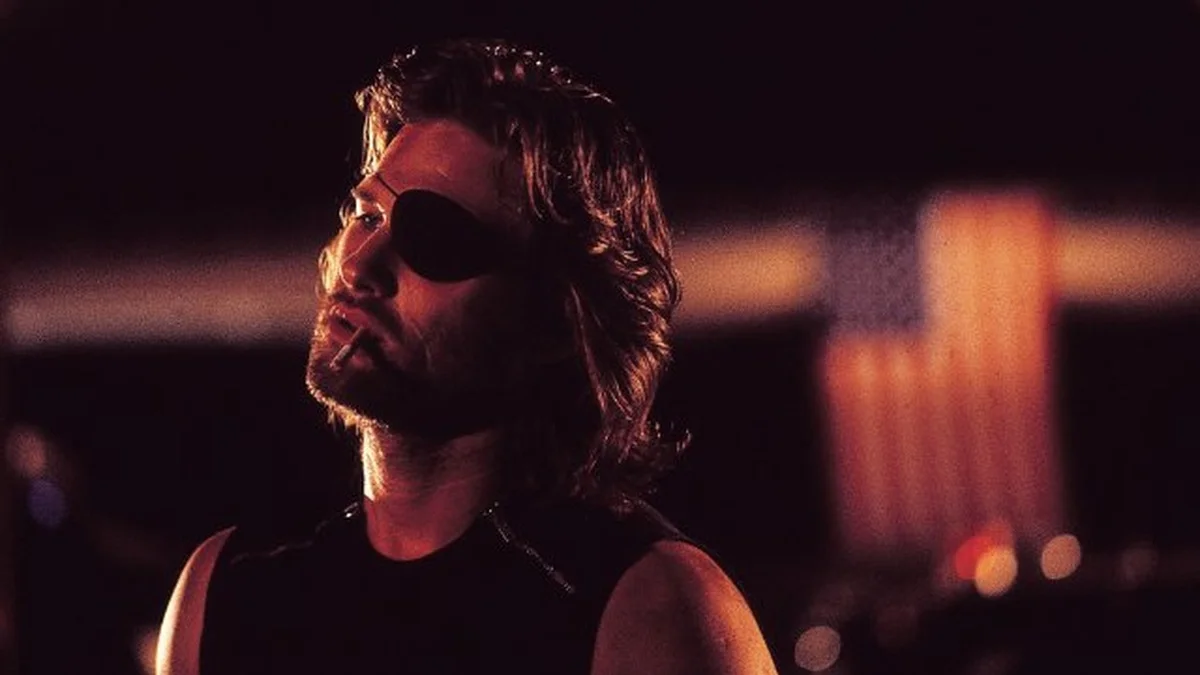Fresh Eyes: 8½ (1963)
Unlike most other films I talk about in Fresh Eyes, 8½ is a movie I had absolutely zero attachment to or knowledge of growing up. I first saw 8½ when browsing Criterion’s website for the first time a year and a half ago, since numbers are listed first alphabetically. Since seeing it there, 8½ keeps popping up in my life, just in small and unintrusive ways. A comment here, a reference there, a recommendation from over there. So fast forward to last weekend, when I was browsing Barnes and Noble for the 50% off Criterion sale. 8½ was sitting by the register, and I decided it was time to snag it and give this well regarded classic the Fresh Eyes treatment.
8½ is about Guido Anslemi, played by Marcello Mastroianni, a director who finds himself in the midst of a creative crisis as he struggles to get his next film off of the ground. He is constantly badgered by actors, actresses, and producers about the nature of his upcoming work, and Guido repeatedly has to invent excuses and dodge conversations to avoid embarrassment. A subplot about Guido and his troubled marriage runs alongside this filmmaking drama, eventually leading to a mixing the two when Guido invites his wife, Luisa (Anouk Aimée) to come visit him. The film ends with a press conference where Guido has a panic attack at the prospect of facing the press and having to give straight answers, and attempts to run away and ends up hiding under the table.
Most of the film is made up of loosely connected vignettes, featuring Guido trying to explain to people why he delayed production on the film, and what he has planned and written. The way the producers and actors berate and bother Guido about his film is communicated brilliantly through the performances of these characters. All of them invade Guido’s personal space, get right in his face when asking about his film, and seem to me to be louder than anything else in the scene, making them just as intrusive to the viewer as they are to Guido. The way Mastroianni portrays Guido Anselmi is perfect for these instances. He maintains his composure, dodging questions and people as deftly as a politician but with twice the charisma. He remains upright, with perfect posture, when facing down these annoyances of people, never betraying his true feelings about this situation until the conference at the very end of the film, where his fear and discomfort become apparent.
I could probably watch this film on mute and without subtitles and still understand what Guido was feeling at any point in time, which is a huge credit to this film. On top of this, I really enjoyed the more human interactions between Guido and Luisa, as there is some real emotional drama and turmoil in how they interact. My favorite cut in the film is a discussion between them in bed. The whole scene is done in standard shot/reverse shot format, implying they are in the same bed. The scene ends with a cut to a wide shot, showing them in separate twin beds, which left me with a feeling of melancholy and sadness that no other scene was able to instill.
However, I have major issues with this film, and they aren’t anything to do with its camera work or set design or performances, they’re to do with the fact I was bored throughout most of the film’s runtime, which I blame on the structure and subject matter. 8½ is an immensely self-referential film and is essentially about its own production. There is a moment early on in the film where an editor tells Guido that his script is unengaging, made up of a series of unconnected vignettes, and full of painfully obvious symbolism. Honestly, if this is an assessment of 8½ by the film itself, I don’t disagree. I had the same feeling about Adaptation when I saw it for the first time. The immense navel-gazing by both films is, personally, mind-numbing. 8½ started at a disadvantage by being avant-garde in nature, which makes it difficult to parse out what is actual reality and what is symbolic or part of Guido’s script.
I’m about as upset that I didn’t like this as I was when I realized I did not like The Great Dictator. Everything about this film should speak to me and be enjoyable, but the structure and self-referential nature of 8½ ended up being such a turn-off. I totally get why 8½ is a classic and so widely respected, as it is an impeccably made film and gorgeous to look at. I just wish I enjoyed the actual subject matter more because I think this is the best-executed version of this story. It is definitely better than Adaptation, no doubt.














